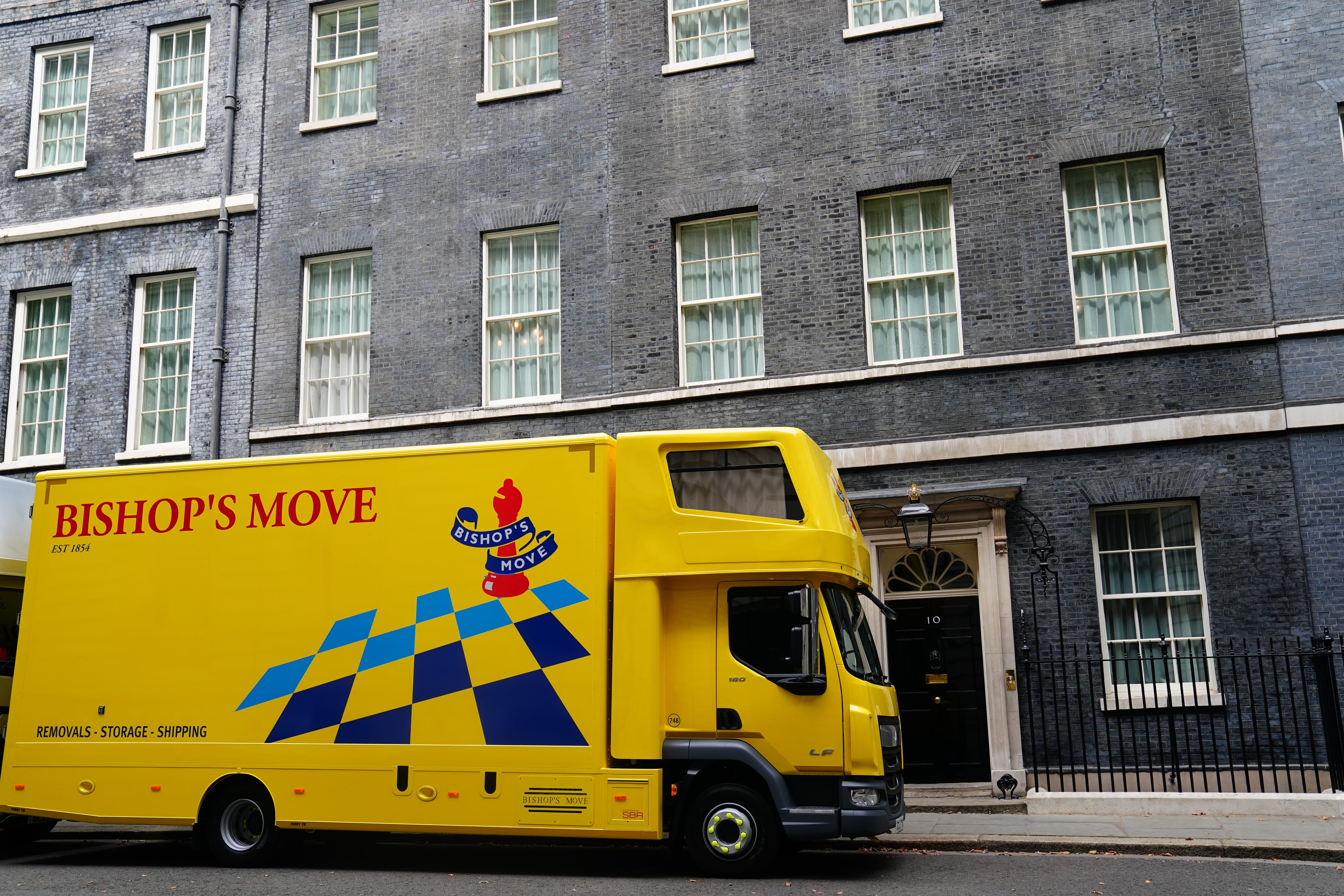Has a prime minister ever checked out of No 10 early before Boris Johnson?
David Cameron spent his final days in power recruiting volunteers to help patients with dementia. Not so for Boris Johnson, writes John Rentoul


Boris Johnson just has to be different. His recent predecessors who have been replaced in between elections have ended their time in No 10 in a whirlwind of activity as they tried to make the most of their last moments, and to leave an extra mark on the pages of history.
Theresa May carried on working to the end, committing the UK to net zero carbon by 2050 and trying to secure extra spending for schools (she was thwarted in that by Philip Hammond, the chancellor, who saw blocking that spending as his farewell legacy).
David Cameron spent his last days in office boosting his plan to recruit volunteers to help people with dementia, although his time was cut unexpectedly short after 17 days when Andrea Leadsom pulled out of the contest before the campaign for party members’ votes began.
Before that, Tony Blair’s departure was the longest advertised and most drawn-out. He spent the nine months before his last Prime Minister’s Questions in a hyperactive attempt to push “difficult” decisions about pensions and Trident renewal through parliament, which was supposed to be helpful to Gordon Brown. He went on a world tour, delivering speeches around the world, including in Kosovo and Sierra Leone, trying to leave office with “the crowd wanting more”, as Ben Wegg-Prosser put it in a farewell plan memo.
Earlier transitions were different because they were more abrupt in the days when MPs alone voted to choose party leaders. Margaret Thatcher had five days between announcing her withdrawal from the leadership contest triggered by Michael Heseltine’s challenge and John Major winning the second ballot. All she had time for was one last appearance in the House of Commons, when she reported on the summit meeting she had attended in Paris during the first ballot. She delighted Conservative MPs, shocked by her downfall, which they had brought about, as she laid into the idea of a single European currency and declared: “I am enjoying this.”
Similarly, Harold Wilson, although he had planned his resignation for some time, had only 20 days between his announcement and the election of James Callaghan as his successor, and continued to work as usual until the handover.
Johnson has treated the two months between announcing his intention to stand down and the planned appointment of a successor on 6 September quite differently. He signed off in the Commons on 20 July with: “Hasta la vista, baby.” Then he seemed to set off on a personal bucket list. It was rumoured that he wanted to pay another visit to see his friend President Zelensky in Kyiv, but he made do with a phone call instead. Instead of trying to leave his mark on government policy, he went for a spin in an RAF trainer jet.
He and Carrie held a belated wedding party at the Cotswold estate of a Tory donor, 14 months after their private Roman Catholic wedding in Westminster cathedral. They flew to an eco-hotel in Slovenia for a belated honeymoon. Then, after the briefest stopover in Downing Street last week, during which Johnson invited himself to a meeting between Kwasi Kwarteng, the business secretary, and the energy suppliers, he was off on another holiday in Greece.
He is now “on leave”, said a No 10 spokesperson, with Dominic Raab, the deputy prime minister, “able to deputise in meetings should they come up”. No meetings have yet “come up”.
While the out-of-office prime minister was away, a removal van was seen in Downing Street on Monday, moving the family’s possessions out to an undisclosed location, and it emerged that he and Carrie would spend the remainder of his time in the job at Chequers, the prime minister’s country home. No modern prime minister has left high office quite so casually.



Join our commenting forum
Join thought-provoking conversations, follow other Independent readers and see their replies
0Comments